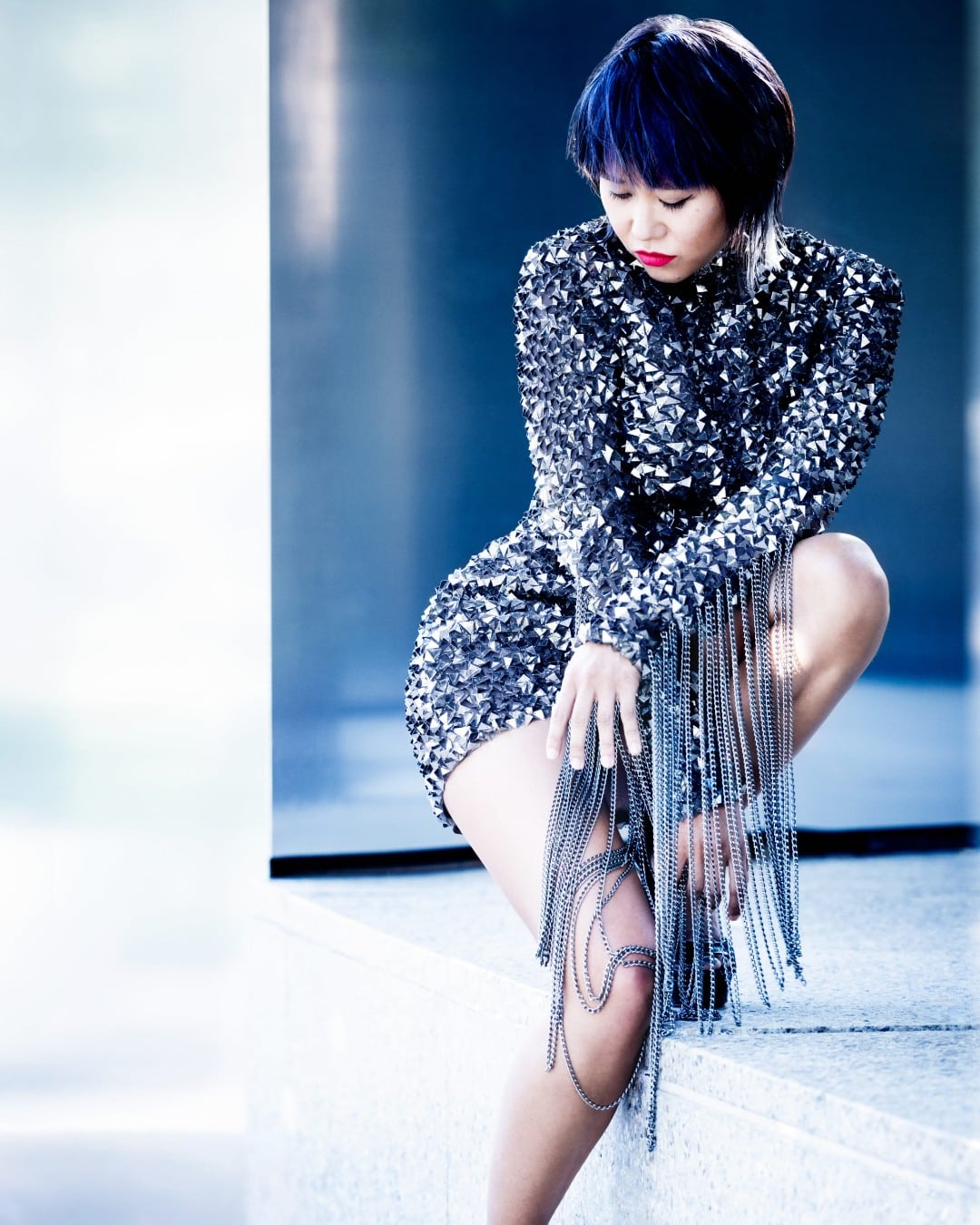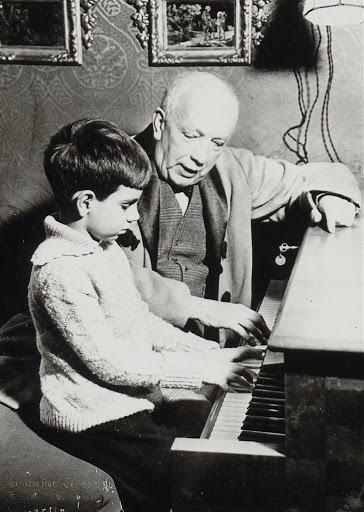Last composer standing
mainA fleeting thought while listening to Gavin Bryars has led to a sweeping discussion as to which 10 living composers will still be played in 50 years’ time. We’ve whittled it down to five certs: Birtwistle, Boulez, Rautavaara, Reich and Sondheim.
But the other five places are still open and being hotly contested on twitter and Facebook.
The probables include Adams, Bryars,Glass, Kurtag, Lachenmann, Pärt, Riley, Sallinen,
Sciarrino and John Williams, with a late rush of votes for James MacMillan and Gorecki.
The possibles are Ades, Carter, Crumb, Dalbavie, Dusapin, Dutilleux, Gubaidulina, Kilar, David Lang, Muhly, Saariaho and Turnage. What, no Magnus Lindberg, Meredith Monk or Kalevi Aho?
Voting ends Sunday night. Post your views and votes below, or tweet them to @NLebrecht.





Comments